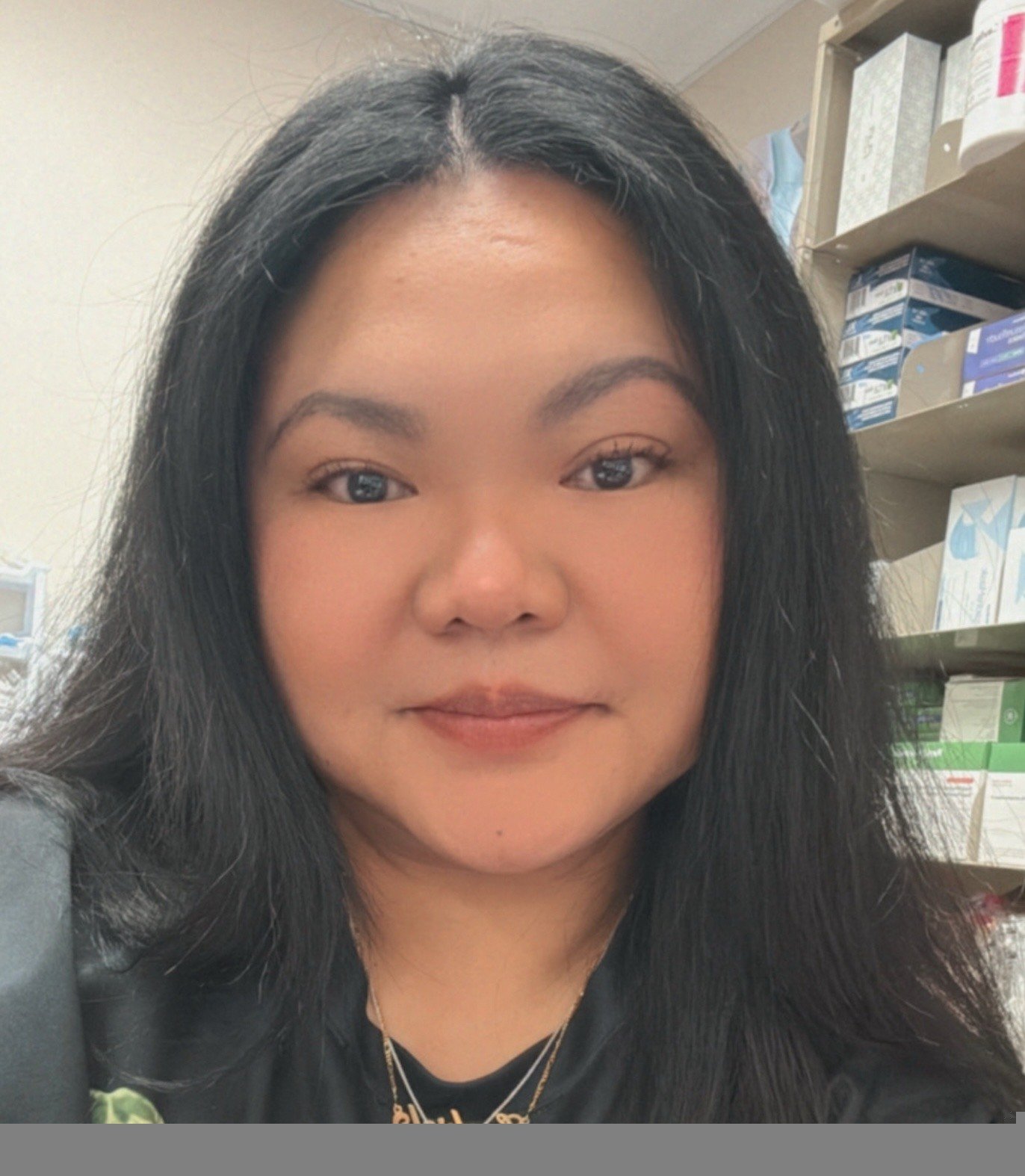Mental health careers are seeing unprecedented growth across Canada. This demand is being driven by increased public awareness of mental wellness, evolving workplace policies, and a serious shortage of trained professionals across the country.
There’s a huge need for compassionate, skilled mental health workers who can support individuals and communities in meaningful ways. If you’re seeking a career path with both stability and purpose, look no further.
In this post, we highlight the wide range of roles available in the mental health field, the factors contributing to industry growth, and how training programs can prepare you for a rewarding and impactful career.















